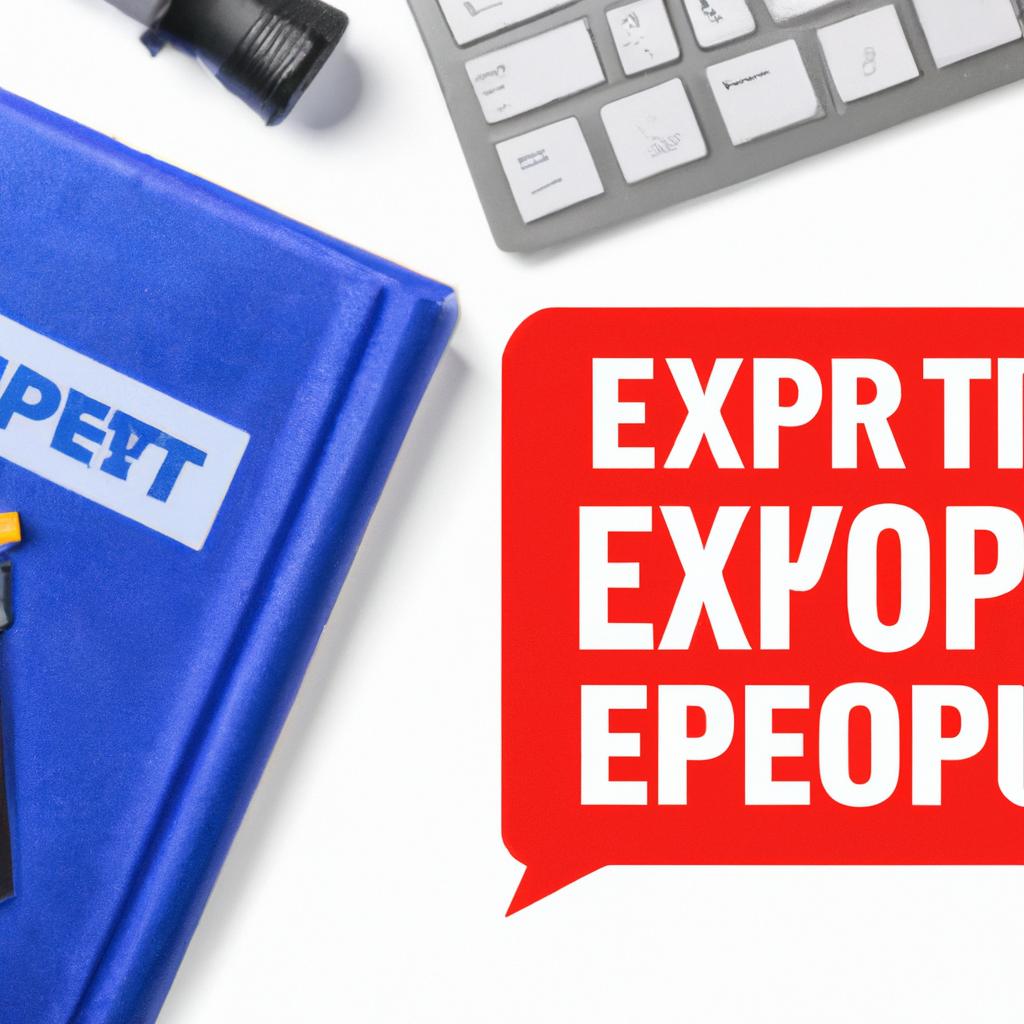When it comes to transferring property, ensuring that the deed used is valid is essential to avoid any potential legal complications down the line. As experienced lawyers at Morgan Legal Group in New York City, we understand the importance of selecting the correct type of deed to effectively convey ownership of real estate. In this article, we will explore the various types of deeds available and the requirements for validity to help you navigate the intricate process of property transfer with confidence and clarity.
Types of Property Deeds Recognized in New York
In New York, there are several types of property deeds recognized for transferring real estate ownership. It is crucial to understand the different types of deeds to ensure a smooth and legally binding transfer of property. The most common include:
- General Warranty Deed: This type of deed offers the highest level of protection for the buyer as it guarantees that the seller owns the property and has the right to sell it.
- Special Warranty Deed: In this type of deed, the seller only guarantees that they have not caused any title issues during their ownership of the property.
- Quitclaim Deed: This deed offers the least amount of protection to the buyer as it only transfers the seller’s rights to the property, without any guarantees about the title.
| Deed Type | Description |
|---|---|
| General Warranty Deed | Highest level of protection for the buyer |
| Special Warranty Deed | Guarantees no title issues during seller’s ownership |
| Quitclaim Deed | Offers the least amount of protection to the buyer |
Each type of property deed has its advantages and disadvantages, depending on the specific circumstances of the property transfer. It is recommended to consult with a qualified real estate attorney to determine the most suitable type of deed for your property transaction in New York. Our team at Morgan Legal Group in New York City is experienced in handling real estate matters and can provide expert guidance on property deeds and transfers.

Key Considerations for Choosing the Right Deed
When it comes to choosing the right deed to transfer property, there are several key considerations that must be taken into account. One of the most important factors to consider is the type of ownership being transferred. Different types of deeds, such as general warranty deeds, special warranty deeds, and quitclaim deeds, each have their own unique characteristics and legal implications. It is essential to understand the specific requirements and protections offered by each type of deed before making a decision.
Another important consideration when choosing the right deed is the potential risks and liabilities involved in the transfer of property. It is crucial to ensure that the deed accurately reflects the intentions of the parties involved and provides adequate protection against any potential claims or disputes in the future. Consulting with a qualified legal professional, such as the experts at Morgan Legal Group in New York City, can help ensure that the chosen deed is valid and legally binding, providing peace of mind for all parties involved in the property transfer process. Trust our team of experienced professionals to guide you through the complexities of property deeds and transfers.

Ensuring Validity and Legal Compliance in Property Transfers
When it comes to ensuring the validity and legal compliance in property transfers, the type of deed used is of utmost importance. In real estate transactions, there are several different types of deeds that can be used to transfer property. The most common types of deeds include:
- General Warranty Deed: This type of deed provides the highest level of protection for the buyer, as the seller guarantees that they have clear title to the property and will defend against any claims to the title.
- Special Warranty Deed: With this type of deed, the seller only guarantees that they have not done anything to harm the title during their ownership of the property. This is a more limited form of protection compared to a general warranty deed.
- Quitclaim Deed: A quitclaim deed offers the least amount of protection for the buyer, as the seller makes no guarantees about the quality of the title. This type of deed is often used in situations where the property is being transferred between family members or in other non-traditional transactions.
When determining which type of deed is appropriate for a property transfer, it is essential to consult with a qualified real estate attorney to ensure that the transaction is legally sound and the buyer’s interests are protected. At Morgan Legal Group, our team of experienced lawyers can help guide you through the complexities of property transfers and ensure that your transaction is valid and in compliance with all relevant laws and regulations.

Expert Recommendations for Properly Executing Property Deeds
When it comes to transferring property, it is crucial to use the correct type of deed to ensure that the transaction is legally binding and properly executed. There are several types of deeds that can be used to transfer property, each with its own specific requirements and implications. It is important to consult with an experienced real estate attorney to determine the most appropriate type of deed for your particular situation.
Some of the most common types of deeds include:
- General Warranty Deed: This type of deed offers the most comprehensive protection to the buyer, as the seller guarantees that they hold clear title to the property and will defend against any claims to the title.
- Special Warranty Deed: With this type of deed, the seller only guarantees that they have not incurred any title defects during their ownership, providing less protection to the buyer than a general warranty deed.
- Quitclaim Deed: This type of deed offers the least amount of protection to the buyer, as the seller only conveys whatever interest they may have in the property, without making any guarantees about the title.
Q&A
Q: What type of deed is valid to transfer property ownership?
A: When it comes to transferring property ownership, a general warranty deed is typically the most commonly used and recognized type of deed. It provides the highest level of protection for the buyer, as the seller guarantees that there are no outstanding claims against the property.
Q: Are there any other types of deeds that can be used?
A: Yes, there are several other types of deeds that can be used to transfer property ownership, such as a special warranty deed, a quitclaim deed, or a deed of trust. Each type of deed offers different levels of protection and transfer rights, so it is important to carefully consider which type of deed is best suited for your situation.
Q: How do I know which type of deed to use?
A: The type of deed that you should use will depend on several factors, including the specific circumstances of the property transfer, the relationship between the buyer and seller, and any specific legal requirements in your state. It is recommended to consult with a real estate attorney or legal professional to determine the best type of deed for your situation.
Q: What should I look out for when signing a deed to transfer property?
A: When signing a deed to transfer property, it is important to carefully review the document and ensure that all necessary information is accurate and complete. Be sure to verify the legal description of the property, the names of the parties involved, and any specific terms or conditions of the transfer. Additionally, make sure to have the deed properly executed and recorded with the appropriate government office to ensure that the transfer is legally binding.
The Way Forward
In conclusion, it is important to ensure that the deed used to transfer property is valid and legally binding. Whether it’s a warranty deed, a quitclaim deed, or another type of deed, the key is to follow the proper procedures and comply with all legal requirements. By understanding the different types of deeds and their implications, you can ensure a smooth and secure transfer of property. Remember, when in doubt, always consult with a qualified legal professional to ensure that your deed is valid and enforceable.
 Title: Understanding the Different Types of Deeds for Transferring Property
Title: Understanding the Different Types of Deeds for Transferring Property
When it comes to buying or selling a property, one of the most important documents you will come across is the deed. A deed is a legal document that transfers ownership of a property from one party to another. But what many people don’t realize is that there are different types of deeds that can be used for property transfer. Each type of deed has its own set of rules and legal implications. In this article, we will discuss the various types of deeds and which one is valid for transferring property.
Before we dive into the different types of deeds, it’s important to understand the purpose of a property deed. A deed is a legal document that proves ownership of a property. It contains the names of the seller and buyer, legal description of the property, and any other relevant information. A property deed is necessary for any real estate transaction and is used to transfer ownership of the property from the seller to the buyer.
Now, let’s look at the different types of deeds that can be used for transferring property.
1. General Warranty Deed
A general warranty deed, also known as a warranty deed, is the most common type of deed used in real estate transactions. It offers the greatest level of protection for the buyer, as it guarantees that the seller has the legal right to sell the property, and that there are no claims or liens against the property. This type of deed provides the buyer with a warranty or guarantee that the title is clear and free from any defects.
2. Special Warranty Deed
A special warranty deed, also known as a limited warranty deed, is similar to a general warranty deed but provides less protection to the buyer. This type of deed only guarantees that the seller has not incurred any issues or defects in the title during their ownership. It does not provide any assurance for claims that may have arisen before the seller owned the property. Special warranty deeds are commonly used in commercial real estate transactions.
3. Quitclaim Deed
A quitclaim deed is used when the seller wants to transfer their interest in a property to the buyer without making any warranties. This means that the seller is not guaranteeing that they own the property or that the title is free from any defects. Quitclaim deeds are often used to transfer property between family members, or in divorce situations. They are also commonly used when the seller is unsure of the property’s ownership history.
4. Grant Deed
A grant deed is similar to a general warranty deed but provides less protection to the buyer. It guarantees that the seller has not sold or transferred the property to anyone else during their ownership. It also guarantees that the property is free from any undisclosed encumbrances, such as liens or easements.
5. Trust Deed
A trust deed, also known as a deed of trust, is a type of deed used in mortgages and loans. It involves three parties: the borrower (trustor), the lender (beneficiary), and a third party who holds the property in trust (trustee). The trustee holds the property as security for the loan and releases it to the borrower once the loan is repaid. Trust deeds are commonly used in non-judicial foreclosure states.
Now that we have discussed the different types of deeds, let’s answer the question: which type of deed is valid for transferring property? The answer is that any of the above-mentioned deeds can be used for transferring property, as long as they meet the legal requirements of the state where the property is located. However, the type of deed used will vary depending on the circumstances of the transaction.
It’s important to note that a general warranty deed offers the highest level of protection to the buyer, as it guarantees clear and marketable title. Therefore, it is the ideal type of deed for property transfer. In some states, like California, a grant deed is the most commonly used deed for transferring property.
In conclusion, understanding the different types of deeds for transferring property is crucial for both buyers and sellers. It’s important to consult with a licensed real estate attorney or a title company to determine which type of deed is appropriate for your transaction. This will ensure that the transfer of property is legally valid and that both parties are protected.
In summary, here are the key takeaways from this article:
– A deed is a legal document used to transfer ownership of a property.
– There are different types of deeds used for property transfer, such as general warranty deed, special warranty deed, quitclaim deed, grant deed, and trust deed.
– The type of deed used will vary depending on the circumstances of the transaction and the laws of the state.
– A general warranty deed is the most commonly used and offers the highest level of protection to the buyer.
– It’s important to consult with a real estate attorney or a title company to determine the appropriate type of deed for your transaction.
By understanding the different types of deeds and their implications, you can ensure a smooth and legally valid transfer of property. Whether you are a buyer or seller, make sure to do your due diligence and seek professional advice to protect your interests.

